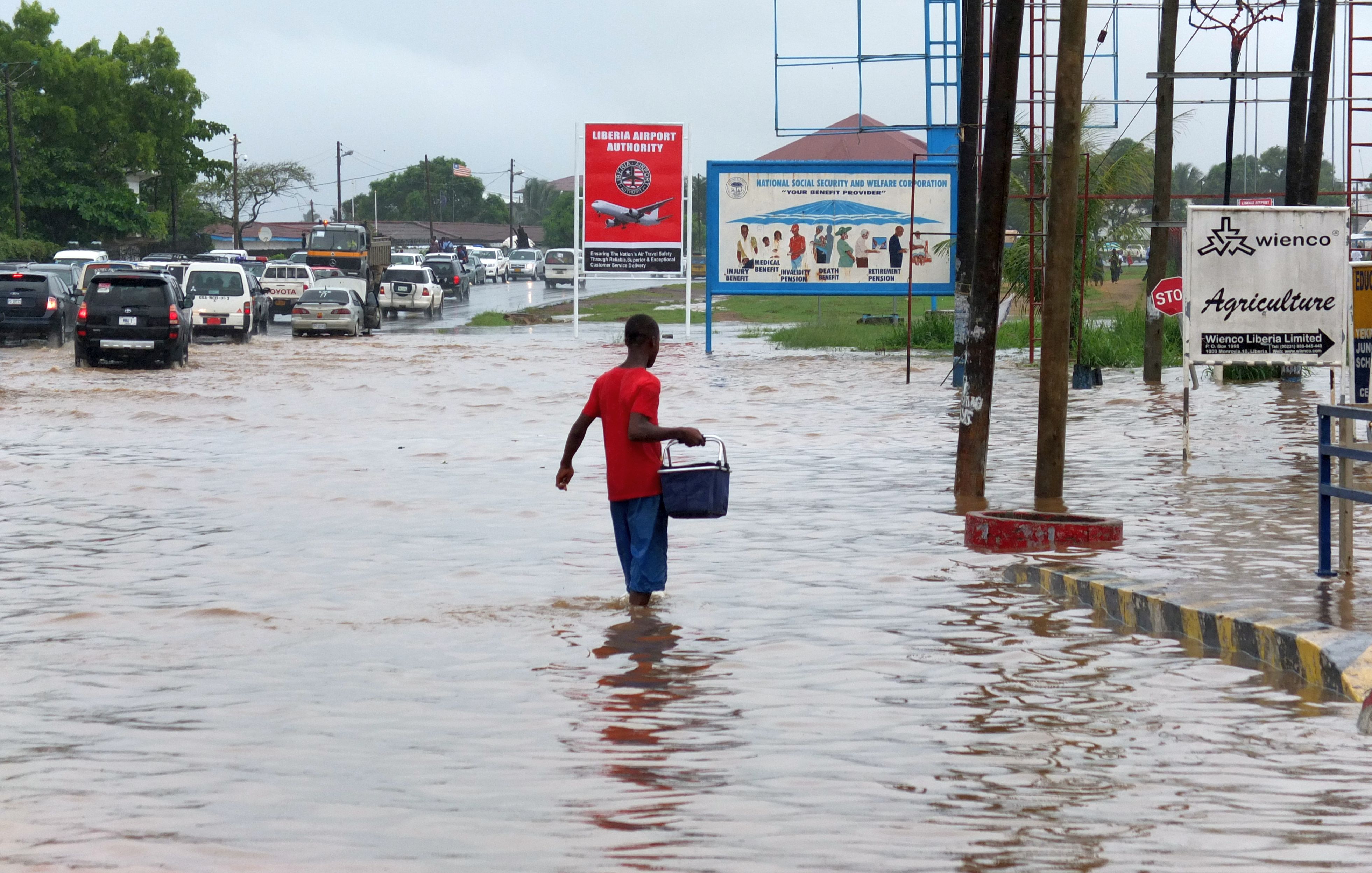- Who We Are
- How We Work
- Regional / Country Initiatives
- Legacy
- Core Themes
- Working Groups
- Portfolio & Results
- Newsroom
- Resources
Climate change: the defining challenge of our time

Flagship UN report shows devastating effects of the global climate
Climate Change is increasingly affecting cities in a variety of ways. Effects range from extreme weather events such as heatwaves, to landslides and flooding. The urban poor, who mostly live in informal settlements with little or no access to basic services, face the biggest risks.
In this Year of Action to help accelerate adaptation to climate change around the world, Cities Alliance remains committed to contribute, through its work, to build resilient communities, particularly those living in informal settlements and working in the informal sector, to increase citywide resilience for the benefit of all.
A wide-ranging UN climate report, The WMO Statement on the State of the Global Climate in 2019 released by the World Meteorological Organization, shows that climate change is having a major effect on all aspects of the environment, as well as on the health and wellbeing of the global population.
Writing in the foreword to the report, UN chief António Guterres warned that the world is currently “way off track meeting either the 1.5°C or 2°C targets that the Paris Agreement calls for”, referring to the commitment made by the international community in 2015, to keep global average temperatures well below 2°C above pre-industrial levels.
The year 2020 will be pivotal for climate action if the world is to control ever worsening impacts and indicators of climate change before it is too late. United Nations Secretary-General Antonio Guterres.
The report documents physical signs of climate change – such as increasing land and ocean heat, accelerating sea level rise and melting ice – and the knock-on effects on socio-economic development, human health, migration and displacement, food security, and land and marine ecosystems.
Several heat records have been broken in recent years and decades: the report confirms that 2019 was the second warmest year on record, and 2010-2019 was the warmest decade on record. Since the 1980s, each successive decade has been warmer than any preceding decade since 1850.
The warmest year so far was 2016, but that could be topped soon, said WMO Secretary-General Petteri Taalas. “Given that greenhouse gas levels continue to increase, the warming will continue. A recent decadal forecast indicates that a new annual global temperature record is likely in the next five years. It is a matter of time”, added the WMO Secretary-General.
A new annual global temperature record is likely in the next five years. It is a matter of time.Petteri Taalas, Secretary-General, WMO
In an interview with UN News, Mr. Taalas said that, there is a growing understanding across society, from the finance sector to young people, that climate change is the number one problem mankind is facing today, “so there are plenty of good signs that we have started moving in the right direction”.
“Last year emissions dropped in developed countries, despite the growing economy, so we have been to show that you can detach economic growth from emission growth. The bad news is that, in the rest of the world, emissions grew last year. So, if we want to solve this problem we have to have all the countries on board”.
So far, 70 countries have announced that they are committed to carbon neutrality by 2050. Many other constituencies are doing the same, such as cities, banks and businesses. But this still only represents less than a quarter of global emissions, said the UN chief.
He called for greater priority to initiatives and investment to help communities and nations adapt to climate disruption and build resilience.
.


